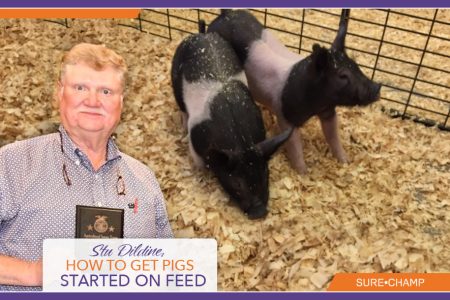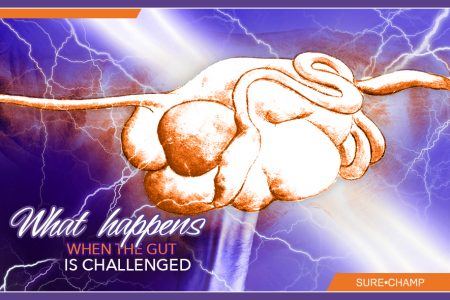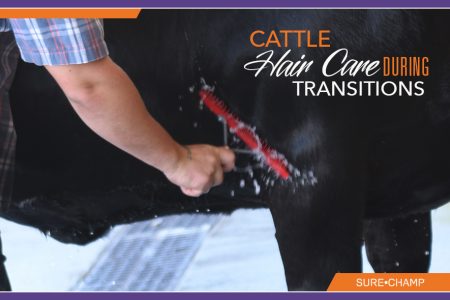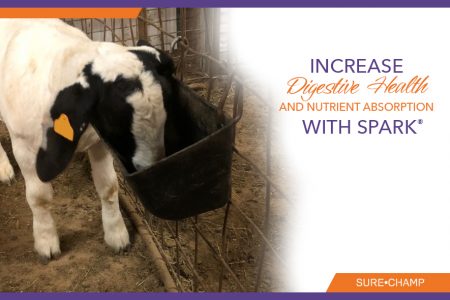Cattle producers have a plethora of choices when it comes to buying feeds for their show and sale cattle or even finding the right creep feed for growing their calves. Many like to utilize their home-raised or locally-sourced commodities and work with a hometown company to produce these feeds. That is why BioZyme® Inc., makers […]
Category: Nutrition
How to Get Show Pigs Started on Feed
Getting a new set of show pigs into your barn and on feed is a lot like running a daycare. Those young pigs are coming from various homes or points of origin with various germs and sniffles. They are also 100-percent dependent on their human caretakers to make sure they have everything they need to […]
What Happens When the Gut is Challenged
It is no secret that producers are more concerned about gut health more than ever before. Operations have implemented better management practices and have even stepped up nutritional protocols to offset the negative impacts of stress. But why are we so concerned about maintaining gut health? The gut is where all nutrients are absorbed. Without […]
Cattle Hair Care During Transitions
Summer is drawing to an end and for many this means transitioning from summer shows to the fall majors and state fairs. Changes in temperature and hair cycles can make it challenging to get the hair coat you want. There are many factors that go into a healthy hair coat that we can’t control, such […]
How Nutrition Plays a Role in Raising 4-Legged Kids
With a 4-H project “gone mad” Kedrick Miller has devoted the last two decades to building his meat goat operation. Located in Thorntown, Ind., Miller along with his wife, Melissa and four kids focus their attention on raising high-quality Boer goats for youth livestock exhibitors. What started at as a 4-H project about 20 years […]
Increase Digestive Health and Nutrient Absorption with Spark®
Chances are, you’ve heard someone say, “if it ain’t broke, don’t fix it.” And that is sound advice. However, if you can enhance a product you already use and increase its effectiveness that creates a win for everyone. Show feed is just like any other product. Everyone has a favorite brand, and a mix or […]





